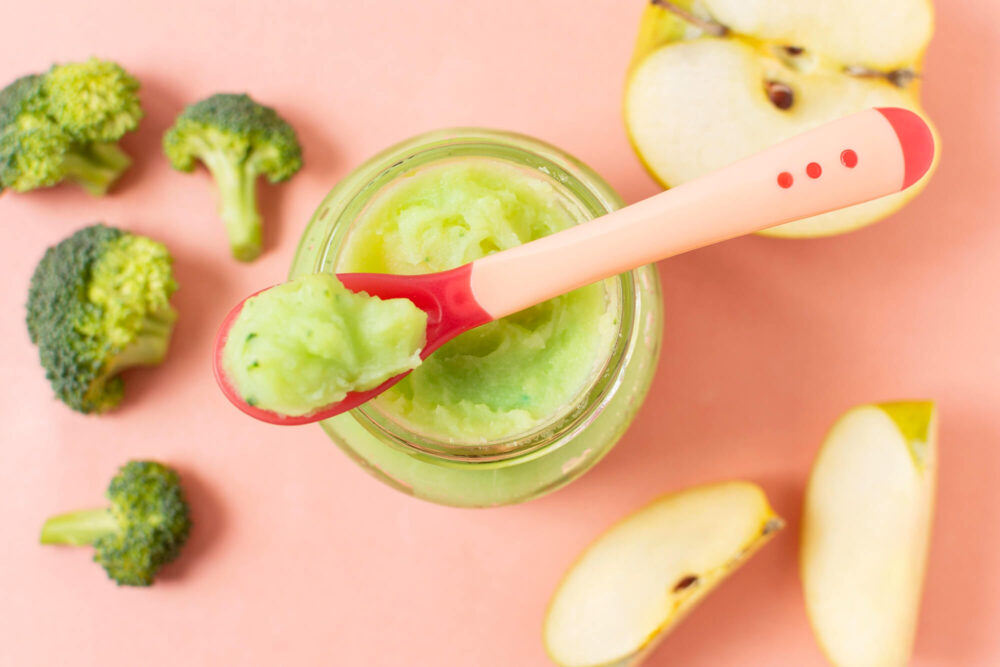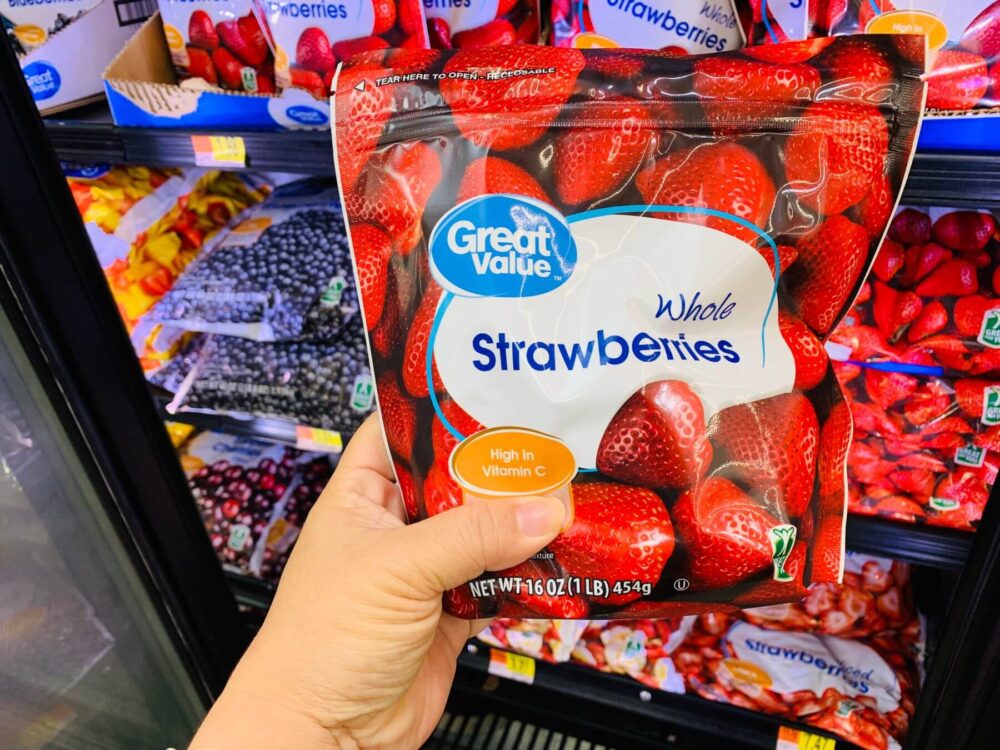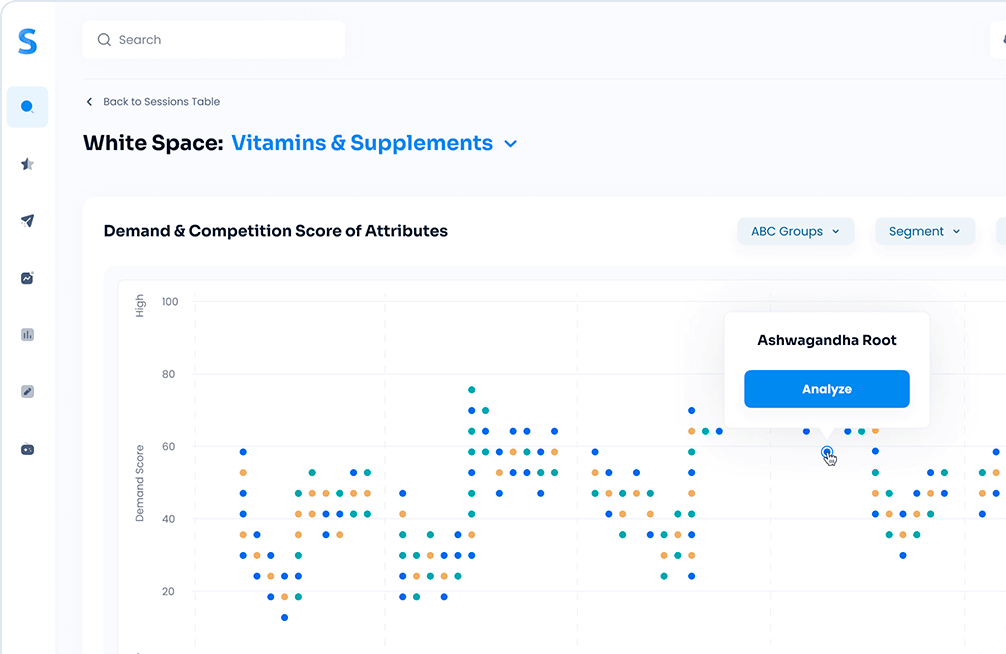Consumers demand transparency. From clean label ingredients to ethical and responsible ingredient sourcing, consumer demand for a transparent supply chain and product label has never been more visible.
Calls for clean labels have extended into 2020
According to a global customer survey by Innova [1] in 2020, three in five consumers are interested in “learning more about where their food comes from and how it is made.” The term “clean label” has shifted from simple transparency towards representing organic and additive-free, sustainable and humane products.
According to Emma Schofield, a Senior Analyst in Global Food Science at Mintel, “consumers create their own definition of what ‘clean’ means to them. The word ‘clean’ is scarce on food and drink labels. Instead, consumers look for attributes and claims that they link to ‘clean label’ or ‘clean eating’, such as organic, natural, and increasingly, claims relating to a brand’s ‘clean conscience’.”

According to a recent publication from Nailbiter[2] – a popular organization researching consumer shopping behaviors – one in six customers identify proper ingredients as a key factor in whether they buy a product. Consumers act based on their awareness of the content and stories behind the products they purchase. They may scrutinize ingredients lists from various angles, such as simplicity, transparency, clarity and familiarity. Would you feel more inclined to purchase a product with nearly a hundred unpronounceable ingredients, or with three basic ingredients you have always used[3] ?
Demand for clean labels have been a major trend since 2017, with no indication of going away
Thanks to popular initiatives such as the Clean Label Project, the movement for clean labels practices and policies have maintained consistent support from certain segments of consumers. According to the Clean Label Project, “the foundation of food and consumer product safety in America is primarily focused on pathogen and microbiological contaminants. However, there is an increase in consumer, media, and academic attention being paid to the health consequences of exposure to heavy metals, pesticide residues, and plasticizers. Yet, consumers will never find this information on product labels.” [4]

The Clean label trend will increase as consumers seek reassurance.
Even if the demands for transparency in the forms of supply chain traceability and block-chaining are sufficiently met, the next phase of the clean labels movement will likely expand beyond ingredients. Producers will need to pay more attention to the internal workings of their company, the reputations of their product suppliers, and their own respect for fair labor policies.
Energy Drinks are not insulated from the clean label movement – consumers want less sugar and more natural ingredients
The desire for positive health benefits from food and beverage options continues to haunt companies developing products with less than stellar health reviews. According to Mintel[5] , 46 percent of UK consumers associate clean label products with “good for you” and 24 percent with “highly nutritious”.
The energy drink industry has grappled with this issue head-on for quite some time. According to Nutrition Outlook, over one in five energy drink launches feature claims of “naturalness” and freedom from additives or preservatives (^Cite). When claims surrounding “organic” ingredients are included in the quantitative studies, nearly 30 percent of all energy drinks surround themselves with such healthy terms. To validate these claims, the report included information on the correlations between sugar levels, percentages of natural ingredients and prominence of healthy discourse.

Here are a few key takeaways:
- As global concerns over high sugar consumption grow, energy drink manufacturers have developed more reduced-sugar and sugar-free options. Most of the leading brands have at least one sugar or calorie free product line. Based on U.S. energy drink launches between June 2015 and 2016, as per research conducted by Innova Market Insights[6] , 21 percent of launches featured sugar-free claims. Additionally, up to 29 percent of launches included claims of low-sugar and no-added-sugar.
- Energy drink developers are including more natural ingredients. The Starbucks Refreshers energy drink line uses caffeine sourced from green coffee beans. In 2016, Starbucks launched two new health-conscious lines featuring coconut water, a trendy ingredient with natural isotonic properties. Additionally, Rocky Mountain High energy drinks champion a more unusual ingredient: hemp. The company recently extended this product line with a mango flavor, complete with a low-calorie positioning at just 15 calories per can. [^Citation?]
Clean label does not translate to cooking at home
Food and beverage brands should not fear the tide drastically turning towards consumers cooking for themselves as a result of failing to fulfill demands from the clean label movement. According to Katharina Baul, the Industry Manager for Food and Nutrition at Euromonitor International, “young people prefer to do other things to cooking from scratch. So, this is where manufacturers need to innovate and see if they can produce products that are a little less processed and healthy and convenient”. According to a report from Mintel, nearly one in three surveyed French consumers agreed that processed plant protein food, such as soy burger patties, are just as unhealthy as processed beef patties.. This creates opportunities for manufacturers to provide solutions for consumers seeking clean label attributes such as naturalness, fewer ingredients and less processed food in the plant-based category.
The ready-meal industry should continue upcycling
Upcycling could be one method of delivering sustainable and natural ingredients for clean label products. According to the United Nations’ Food and Agriculture Organization, one third of the food that is produced for human consumption is wasted, with vast quantities lost at every stage in the supply chain.

Coffee grounds provide some of the most interesting case studies of upcycled food products. Caffelnk, a finalist in the Start-up Innovation Challenge at Fi Europe in 2019, has developed technology to extract brown, ochre, and beige colorants from grounds. Danish start-up Kaffe Bueno upcycles spent coffee grounds for use as nutritious ingredients for wellness products. The Coffee Cherry Company also uses coffee by-products: they use skins of the coffee fruit purchased directly from the farmers as a high-fiber antioxidant for bakery, beverage, and confectionery applications. Beyond simply reducing waste, upcycling food products brings new income streams to farmers, materially improving certain supply-chain ethicalities.
More established companies are also exploiting the potential of upcycled byproducts. In early 2020, 33 industry partners (including Barilla, AB InBev and ProVeg International) banded together to launch the EU Smart Protein project at the School of Food and Nutritional Science at University of Cork. Funded with €8.2 million under Horizon 2020, the project is exploring how byproducts produced during pasta, bread and beer production can be tapped to make microbial biomass proteins for plant-based meats, fish, seafood, cheese, infant formula, dairy, and baked goods.
The future of transparent, ethical supply chains and sustainability practices is unfolding before our eyes. Even if the clean label movement itself eventually dissipates, its messages for consumers and brands alike will remain in place for the foreseeable future.









